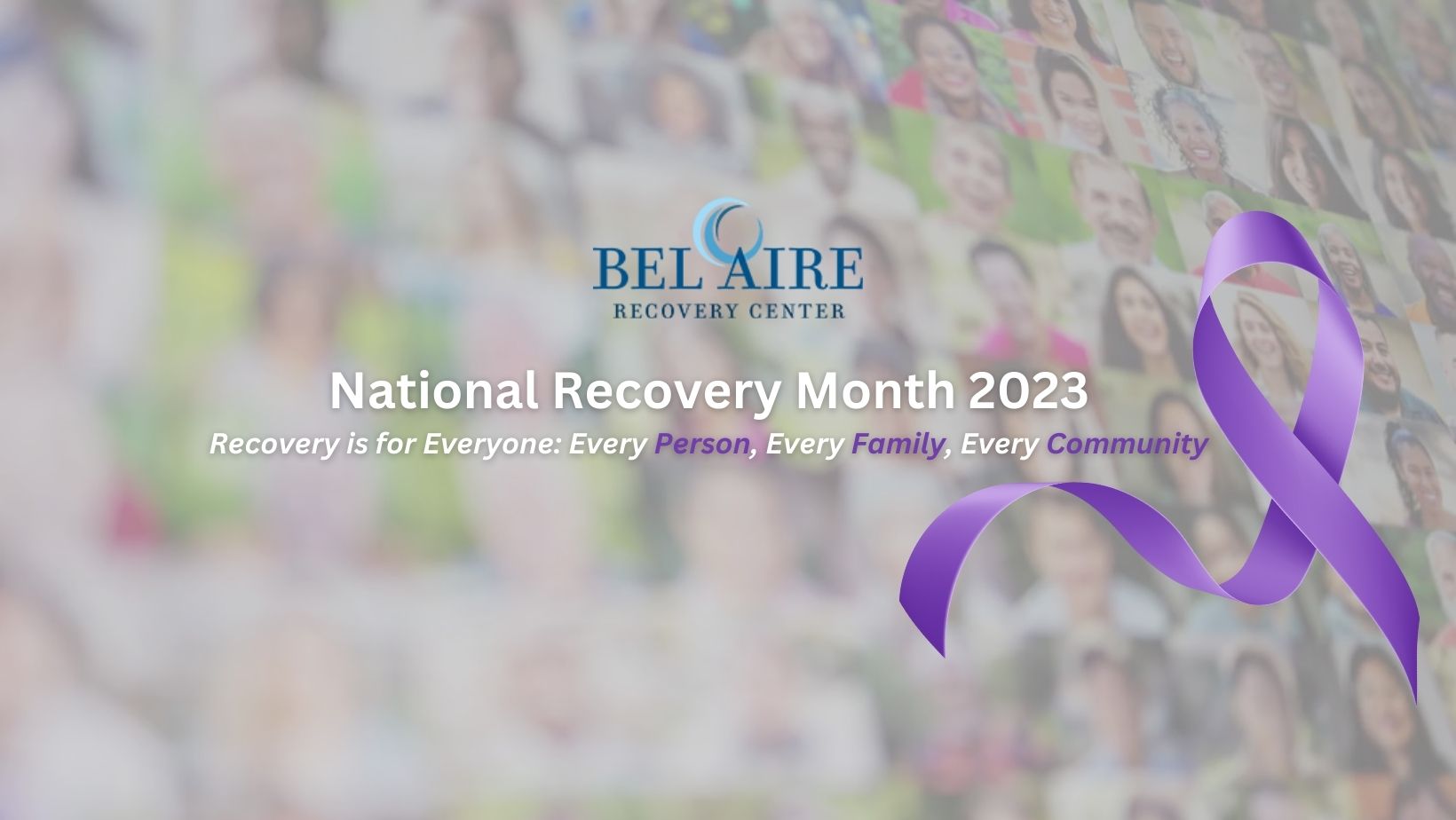You probably know that each month of the year has several designated causes, ideas, or activities associated with it. But you may not be aware of just how many designations there are! Here are just a few of the various causes that are associated with specific months.
Some of them are related to history and social justice:
- Black History Month – February
- Women’s History Month — March
- LGBTQ Pride Month – June
Some are related to health:
- Cancer Control Month — April
- ALS Awareness Month – May
- Breast Cancer Awareness Month – October
Some are related to the arts:
- Jazz Appreciation Month – April
- National Arts & Humanities Month — October
- National Novel Writing Month – November
And some are just whimsical:
- Mustache March – March
- Zombie Awareness Month – May
- National Ice Cream Month – July
The month of September is just like all the others—chockablock with designations ranging from Pain Awareness Month to Gospel Music Heritage Month to National Guide Dog Month just to name a few.
But we are focused on September for another reason. September is National Recovery Month.
What is National Recovery Month?
National Recovery Month—often shortened to Recovery Month—is all about calling attention to the issues surrounding substance use disorders, their treatment, and the recovery journey. As the project’s website puts it:
Recovery Month…educate[s] others about substance use disorders and co-occurring disorders, the effectiveness of treatment and recovery services, and that recovery is possible. All of us, from celebrities and sports figures to our co-workers, neighbors, friends, and family members, throughout our lives have experienced peaks and valleys, both big and small. But with strength, support, and hope from the people we love, we are resilient.
Why is National Recovery Month Important?
Because of the stigmas often associated with substance use disorders (and co-occurring mental health disorders) many people avoid seeking help or are reluctant to talk about their struggles even when they do get treatment. For many, the recovery journey is complicated by well-meaning but misinformed individuals who think of substance use as an issue of character or morality rather than as an aspect of a person’s overall health and well-being. Faced with these misunderstandings, many just keep as quiet as they can about their situation—and feel isolated as a result.
National Recovery Month seeks to change that by bringing awareness to the transformational power of recovery. From the website:
There are millions of Americans whose lives have been transformed through recovery. Since these successes often go unnoticed by the broader population, Recovery Month provides a vehicle for everyone to celebrate these accomplishments. Each September, tens of thousands of prevention, treatment, and recovery programs and facilities around the country celebrate Recovery Month. They speak about strides made by those in recovery and share their success stories with their neighbors, friends, and colleagues. In doing so, everyone helps to increase awareness and foster a greater understanding about mental and substance use disorders.
What is National Recovery Month’s Slogan?
For many years, National Recovery Month rolled out a new slogan each September. But in 2023, a permanent slogan has been identified:
Every Person. Every Family. Every Community.
The tagline simply and clearly reveals an important truth. Substance use disorders impact individuals, entire families, and whole communities in a negative way. Happily, treatment and recovery impact individuals, entire families, and whole communities in a positive way. National Recovery Month seeks to share that message widely.
What’s the Best Way for You to Get Involved in National Recovery Month?
If you are struggling with drugs or alcohol, the best thing you can do to celebrate National Recovery Month is to head to treatment right now. Don’t wait for a more convenient time or try to convince yourself you can handle your situation on your own.
Instead, make a plan to take advantage of the evidence-based, personalized treatment available at Bel Aire Recovery Center. Our Kansas facility provides medically supervised detoxification that will help you get through the difficulties of withdrawal. We follow that up with a rehabilitation program centered on group and individual therapy—including a commitment to addressing co-occurring mental health disorders like anxiety, depression, or a disorder centered in trauma. And we offer a continuum of care to ensure that you start your recovery journey with confidence when your time in treatment comes to an end.
In September—and every other month of the year, year in and year out—we help people reclaim their sobriety and their lives. No matter what the calendar says, this month can be the month you celebrate the start of your recovery.




